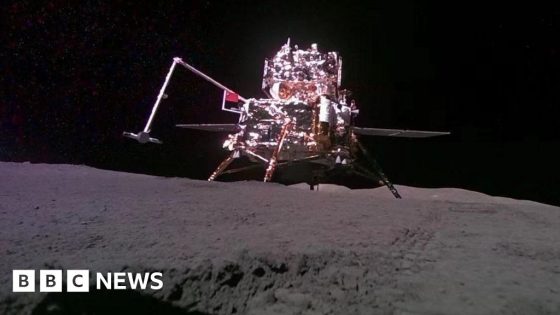While scientists have already discovered — or, in some cases, genetically engineered — plastic-eating bacteria, a new study found that more of these natural recyclers can break down plastic than previously thought.
Jo-Anne Verschoor, a microbiologist and doctoral candidate at Leiden University in the Netherlands, discovered that nearly one in five bacterial strains she tested could degrade plastic.
This finding provides even more evidence that these tiny organisms could help us win the fight against plastic pollution and create a cleaner planet for both humans and wildlife.
In her research, Verschoor used samples of Streptomyces bacteria, which the university keeps handy as scientists experiment with new antibiotics, as a news release on the study explained.
While the bacteria weren’t initially collected to study their plastic-gobbling capabilities, Verschoor got the hunch through prior research that some of it could degrade plastic.
However, her experiments with Streptomyces revealed that the organisms needed certain conditions — and a bit of nudging — to effectively digest polyethylene terephthalate plastic, which is used in plastic bottles, food packaging, cosmetics, and countless other products.
Watch now: Local hero single-handedly repopulates endangered butterfly species
“Bacteria are like people in that sense,” Verschoor said in the release. “Just like us, they don’t do things automatically; they need encouragement. We only start running when we are chased by a tiger.”
Likewise, when bacteria are in an environment where sugar — their main energy source — is readily available, they don’t need to put in much effort. But Verschoor found that by feeding them plastic directly, or just putting it on bacteria-filled plates when they were “hungry,” around 18% of the strains broke down the plastic — a “remarkable number,” as the release described it.
She also found that organisms with large numbers of the enzyme Lipase A consumed plastic faster. In the research, which was published in the journal Communications Biology, she said this confirmed “a wider distribution of this ability in nature.”
Scientists are discovering all sorts of ways nature is helping us rid the planet of plastic, from a plastic-munching fungus in the Great Pacific Garbage Patch to waxworms that can break down polyethylene in just hours.
The Streptomyces bacteria could be yet another natural solution to the plastic crisis and prove that nature always finds a way.
“I’m not at all surprised – we’ve learned from studying evolutionary biology that if there’s a potential food source, then something will eventually evolve to use it. Plastic seems like a great candidate for a new niche in the global ecosystem,” a Redditor commented on a post about the findings.
Join our free newsletter for weekly updates on the coolest innovations improving our lives and saving our planet.
Source Agencies

